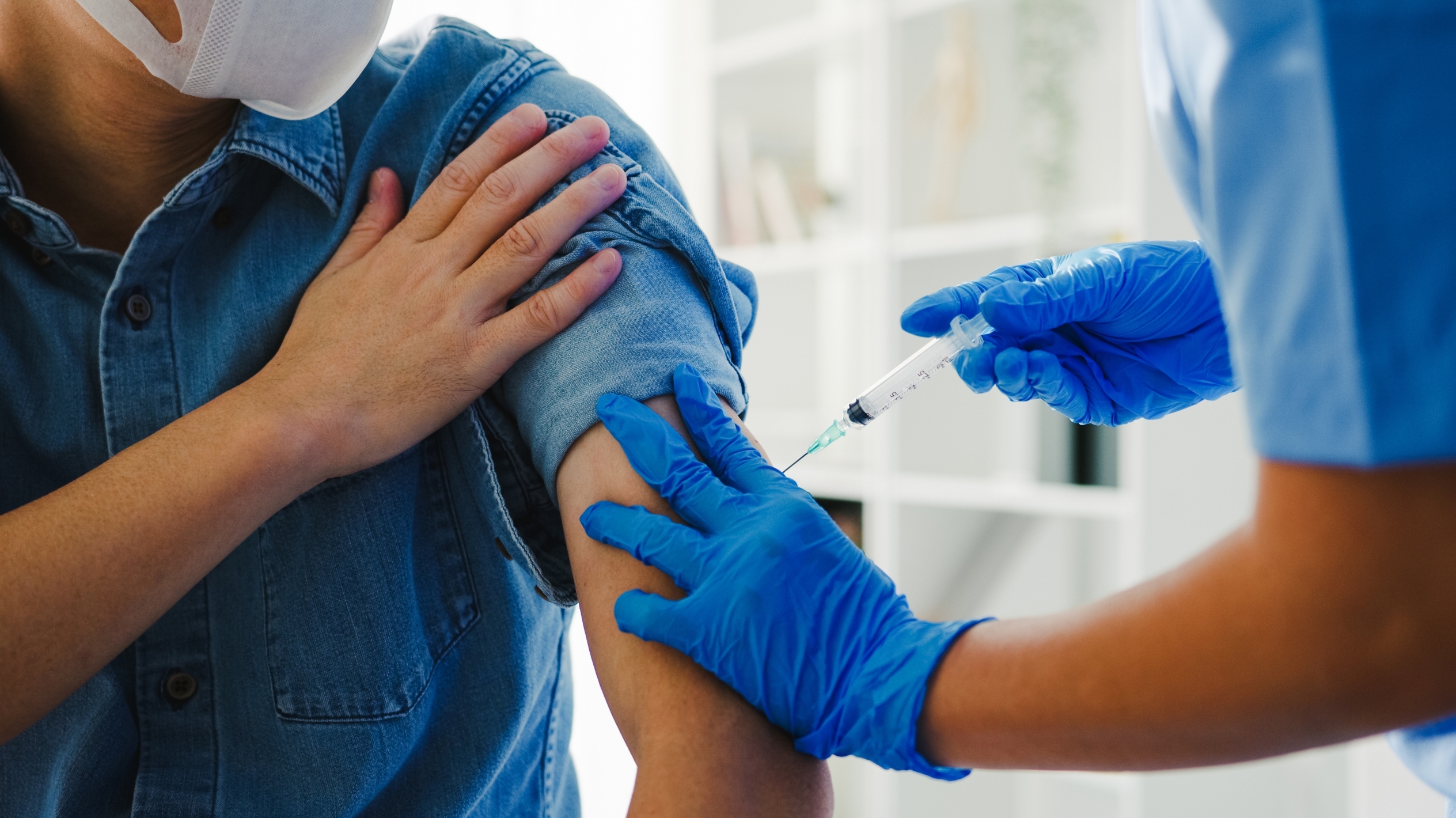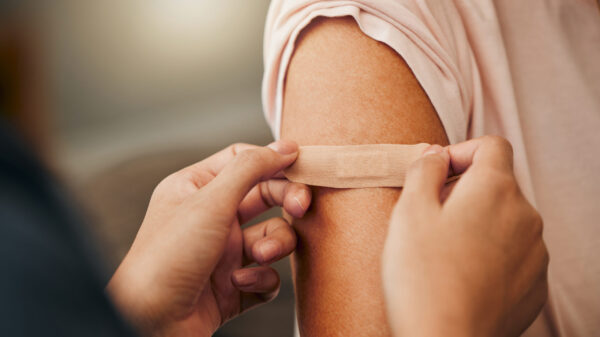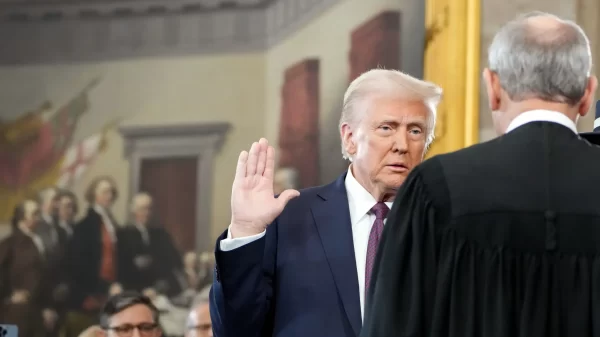Updated COVID-19 vaccination numbers on Tuesday show that the state has administered 74 percent of the vaccine doses shipped to Alabama, an improving percentage over weeks passed, but the state has still administered the fewest doses per 100,000 residents in the country.
An additional 25 percent increase in vaccine shipments from the federal government to states this week may boost Alabama’s vaccination numbers, however, and a third vaccine, which requires just one shot instead of two, could soon be approved for use, which could widen vaccinations nationwide.
The Alabama Department of Public Health’s updated vaccine dashboard on Tuesday shows the state has administered 648,987 doses of the 873,800 doses delivered to state providers by the federal government. That comes to approximately 13,186 doses administered per 100,000 residents. Kansas and Georgia are the only other states that have administered less than 14,000 doses per 100,000 residents, according to the Centers for Disease Control and Prevention.
Despite the low number of vaccinations as compared to other states, Alabama’s vaccinations did increase 29 percent last week from the prior week, according to ADPH’s data. The state on Feb. 8 moved fully into phase 1b and began vaccinating those 65 and older, but vaccinations remain limited based upon the state’s supply of vaccines.
More than 70,000 first doses of vaccine were administered in eight large-scale vaccination clinics that took place throughout the state between Feb. 8 and Feb. 12, according to ADPH. The vaccines used in those clinics would have been used by other providers across the state during that time, however, so while the clinics did streamline vaccinations, the clinics didn’t result in a net gain of vaccinations, State Health Officer Dr. Scott Harris explained to reporters Friday.
Many county health departments are no longer scheduling people for the first of two required vaccine doses and are currently administering only second doses to those people at highest risk and whose shots are already scheduled, ADPH said in a press release Tuesday. The state is receiving on average between 60,000 and 70,000 doses each week from the federal government, according to the release.
Vaccine shipments to states have improved during President Joe Biden’s administration, and officials with the administration announced Tuesday that states would get an additional 25 percent increase this week, according to USA Today. States will see an increase from the 8.6 million a week they received during Biden’s first week in office to the 13.5 million that Jeff Zients, Biden’s COVID-19 coordinator, told governors Tuesday they will receive, according to the news outlet.
Additionally, Johnson & Johnson’s new one-shot vaccine could soon come to the market, which would expand vaccinations nationwide. The company submitted an application to the U.S. Food and Drug Administration for emergency use authorization on Feb. 4.
Winter weather shuttered some vaccination clinics statewide on Monday and Tuesday. According to the CDC, if a person is delayed in getting their second dose, vaccines can be administered up to 6 weeks after the first dose. ADPH in a statement said the department will ensure people the opportunity to get their second dose over the next two weeks, including providing extended clinic hours as staffing availability permits.













































